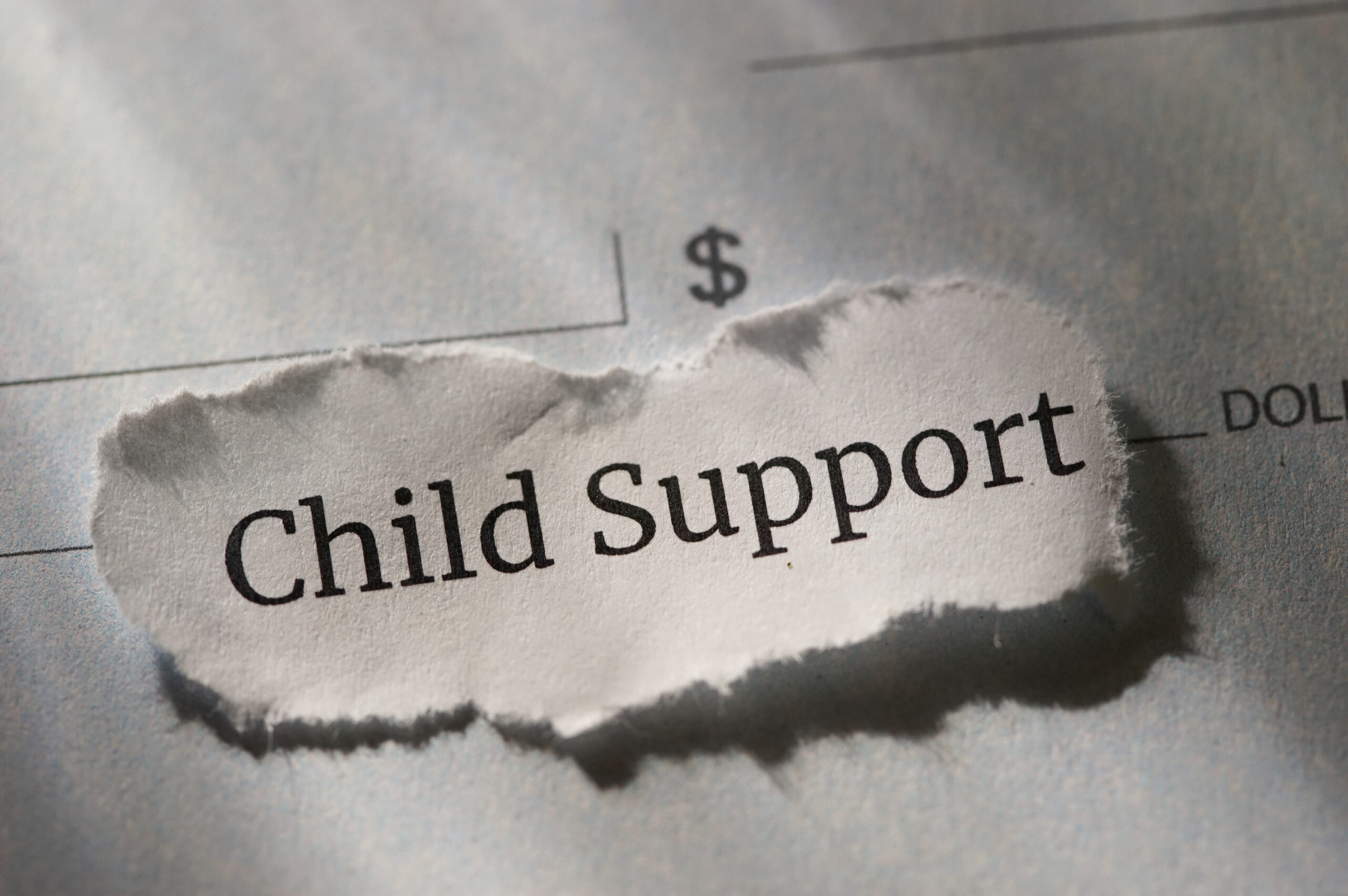In the high-pressure, high-profile world of professional sports, athletes often have little time to devote to family life, and little privacy in which to address marital troubles with their spouse. Unfortunately, this leads to a relatively high percentage of professional athletes’ marriages ending in divorce. When the couple has children, this means that the divorce settlement won’t just involve asset division and spousal support but will also include a determination of child support owed. Depending on the age of the children at the time of the divorce, this could result in an ongoing financial obligation extending well beyond the active years of the pro athlete’s career.
The ordinary application of child support guidelines can put a pro athlete at a financial disadvantage. Understanding how child support payments are determined, the unusual challenges faced in determining appropriate child support in a pro athlete’s divorce, and when the court has the discretion to modify child support payments highlights the importance of paying close attention to this aspect of divorce settlements.
- The Purpose and Determination of Child Support in California
- Child Support and Pro Athlete Divorce: Why the Numbers are Tricky
- Modifying Child Support
Navigating Child Support as a Pro Athlete?
Help Me With My Child Support Case
The Purpose and Determination of Child Support in California
Parents share financial responsibility for their children. When a couple divorces, it is usually the case that the higher earner is responsible for paying child support to the lower earner to help pay for the living and medical expenses of the children until they are adults. (In general, this means until the child is 18, or, if they are still in high school, until they graduate or turn 19, whichever comes first.) In California, the goal is not merely for the children to have a minimal acceptable standard of living, but for them to share in the standard of living of both parents.
California has a formula established by law to help determine the amount of child support. The two primary factors that influence how much child support should be paid are the income of each parent and the time the children spend with each parent. However, the court is not locked into simply taking the number generated by the formula if applying it results in a number that is unjust or inappropriate. This point is important because a pro athlete is highly likely to be in a situation where the basic formula will return numbers that don’t make sense.
Child Support and Pro Athlete Divorce: Why the Numbers Are Tricky

Professional athletes at the height of their careers can enjoy extraordinarily high incomes from multiple income streams—team contracts, endorsement deals, compensation for media appearances, and the like. Simultaneously, their demanding schedules of training and travel for games can make working out anything like 50-50 shared physical custody impossible. Taken in combination, these factors can make it appear that a steep monthly child support payment is correct.
This snapshot doesn’t represent the long-term situation, though. Keep in mind that Tom Brady’s recent retirement from football at age 45 was notable because it was late for a pro athlete—most players retire much earlier, even if their careers are not prematurely ended by injury or team decisions that force them out in favor of newer talent. In short, the high income a pro athlete enjoys during their career is unlikely to last as long as they may be obligated to pay child support. The determination of the appropriate amount of child support should take that circumstance into account, as it is arguably not in the child’s best interest to have support abruptly cease when their athlete parent is no longer able to pay.
Fortunately, California law does give the court discretion to deviate from the formula in exactly these kinds of cases. Per Family Code § 4057, the court can adjust the amount downward if evidence is provided to show “[t]he parent being ordered to pay child support has an extraordinarily high income and the amount determined under the formula would exceed the needs of the children.” This statute also allows parties to stipulate to child support below the guideline formula amount, under Family Code § 4056(a), with court approval.
This provision can provide an added incentive for negotiating a divorce settlement collaboratively, rather than fighting out every detail in court. The athlete and non-athlete spouse can not only take control of determining a payment level that will sustainably provide for their children’s well-being, but also shield the details of their divorce from the media and the public (as Tom Brady and Giselle Bündchen did when they split in 2022).
Modifying Child Support
It is possible to modify child support when there is a substantial change in circumstances, such as the loss of income or a change in custody arrangements, after the original order is made. However, until the court issues a child support modification, the paying parent is still obligated to provide support at the previously ordered level. In addition, it is not possible to wipe out missed child support payments by filing for bankruptcy. Therefore, it is much wiser for athletes going through divorce to anticipate possible difficulties in meeting future child support obligations rather than attempting to correct issues after the fact.
Knowledgeable Family Law Support for Professional Athletes
When a professional athlete faces divorce, choosing the right legal representation can help guide the way to a mutually beneficial settlement agreement and preserve their family’s privacy as much as possible during a stressful, difficult time. The experienced divorce attorneys at Hoover Krepelka understand the unique family law issues affecting pro athletes. To schedule a consultation, fill out the form below today.
"*" indicates required fields


